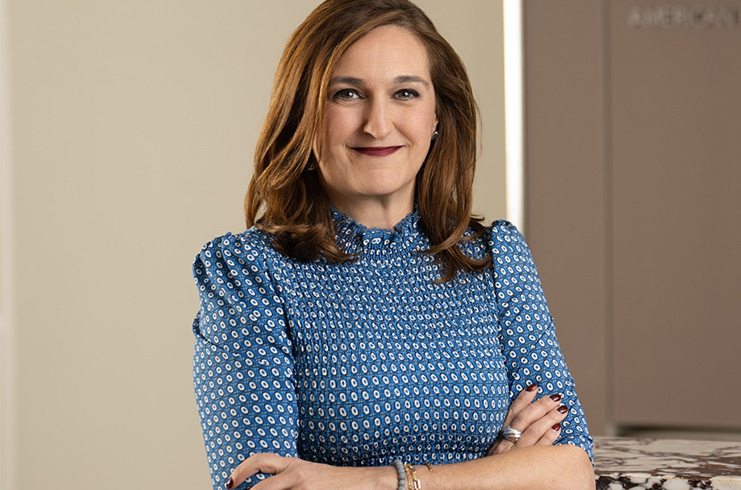
It’s no longer just a perk — high-performing Wi-Fi and indoor cellular connectivity are now as essential to hotel guests as hot showers and soft pillows. That’s the message Jady West, Vice President of Hospitality at Hospitality Network (a Cox Business company), brought to HITEC this year. Drawing on new research and years of on-the-ground experience across stadiums, arenas, and hotel properties, West emphasized that the baseline for guest technology expectations has changed — and many hotel environments haven’t caught up.
Guests Expect Frictionless Tech — Even If They Can’t Describe It
Hospitality guests, especially Gen Z and millennial travelers, are looking for more than just connectivity — they expect flawless, intuitive digital experiences. “When technology works at its best, it just flows,” said West. “Maybe you can’t describe it, but you walk in, and it just works.”
Recent Cox Business research affirms that today’s travelers — the majority of whom are under 40 — want fast, reliable, and low-effort tech encounters. They’re not just comparing hotels to one another; they’re benchmarking their stays against their own homes, which are already packed with seamless streaming, smart thermostats, voice assistants, and mobile-first control.
“Technology has a way of creating a need for itself,” said West. “Before we had email on our phones, we didn’t miss it. But now? Going back to a flip phone would feel archaic.”
Indoor Connectivity Is the New Battleground
One of the most revealing data points West shared: 80% of cellular traffic now originates indoors. That’s a massive shift from the early days of mobile, when cell phones were used sparingly and almost always outside or in transit.
But hotels — particularly those not located in major cities or stadium-sized venues — often struggle to keep up. “In smaller venues, like a 6,000-seat minor league arena, the big carriers just say, ‘Not it.’ They don’t invest,” West said. “So the property is left with poor coverage and frustrated guests.”
To meet these rising demands, solutions like private networks, CBRS (Citizens Broadband Radio Service), and neutral-host models are emerging as viable ways for hospitality operators to take control of their indoor cellular performance, rather than relying on carriers to solve it for them.
Wi-Fi Ranks Right Up There With Beds and Showers
According to Cox’s research, Wi-Fi now ranks as highly in importance to hotel guests as location, comfortable bedding, or a hot shower. It’s not a new finding — but it is a persistent one.
“We ask the same kinds of questions every year,” said West. “And year after year, the answer is the same: fast and reliable connectivity is non-negotiable.”
The problem isn’t that hotel operators disagree. “A lot of them do get it,” West said. “But they’re also managing competing priorities. They’re thinking about new design standards, furniture updates, brand requirements, or labor challenges — and sometimes connectivity takes a backseat.”
That’s where data can help. West said many of the company’s conversations with hotel clients focus on using research and analytics to reinforce the “why” behind tech upgrades — from guest satisfaction metrics to streaming behavior trends. “Sometimes a GM doesn’t need a new system explained — they need evidence that their guests are making choices based on this experience.”
Smart Investments Depend on Knowing What Matters Most
Some hotel brands have formal standards around in-room connectivity and entertainment; others are independents navigating their own decisions. Either way, West said one theme continues to resonate across the board: “When we show them this data — what guests are actually doing, what they expect — it’s helping them move forward. Sometimes they were already close, and this pushes them over the edge.”
The challenge, he noted, is prioritization. “There’s always a balance between how long a system will last and what it takes to take that next step,” West said. “And often it comes down to: do I want to offer a first-class experience, or just the minimum acceptable?”
He shared a simple analogy to illustrate the stakes. “If your favorite gas station runs out of your morning drink once, you might let it slide. But if it happens again and again, eventually you’ll just stop going — even if it’s less convenient to get somewhere else. Hotels face the same risk. If the Wi-Fi is bad, if streaming doesn’t work, if cellular coverage is unreliable — your guests notice. And they may not come back.”







